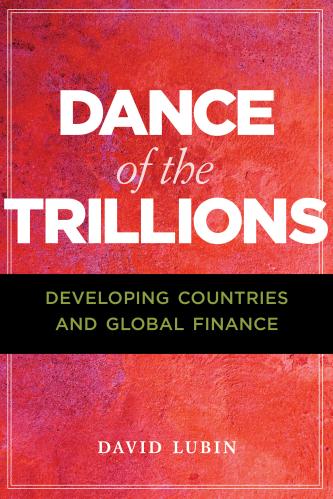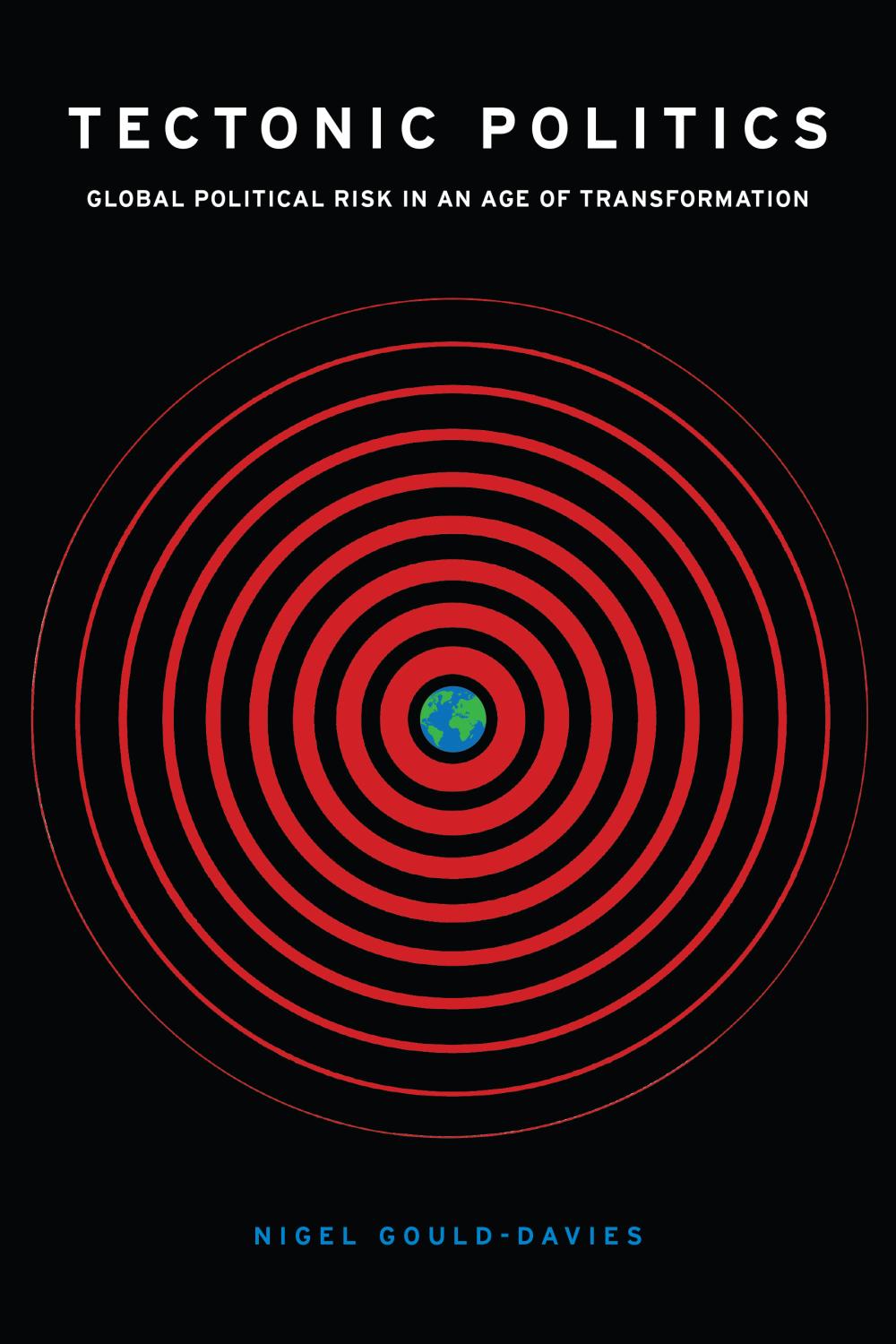

LIVE
Navigating the ‘mid-transition’ period of the low-carbon shift: The critical role of finance ministries
Book
Political risk now affects more markets and countries than ever before and that risk will continue to rise. But traditional methods of managing political risk are no longer legitimate or effective.
In Tectonic Politics, Nigel Gould-Davies explores the complex, shifting landscape of political risk and how to navigate it. He analyses trends in each form of political risk: the power to destroy, seize, regulate, and tax. He shows how each of these forms reflects a deeper transformation of the global political economy that is reordering the relationship between power, wealth, and values. In a world where everything is political, the craft of engagement is as important as the science of production and the art of the deal. The successful company must integrate that craft—the engager’s way of seeing and doing—into strategy and culture.
Drawing on a career in academia, business, and diplomacy, Gould-Davies provides corporate leaders, scholars, and engaged citizens with a groundbreaking study of the fastest-rising political risk today. “As tectonic plates shape the earth,” he writes, “so tectonic politics forges its governance.”
A Chatham House Insights Series book
Related Books

David Lubin
August 14, 2018

Keir Giles
January 29, 2019

Jamie Gaskarth
February 18, 2020
“All economic activity involves political risks, but few economic actors know how to analyze or address them. In Tectonic Politics, Nigel Gould-Davies draws upon decades of experience in academia, government, and business to explain political risk to those who desperately need to understand it. In cogent, readable prose, interspersed with vivid examples, Gould-Davies demonstrates the central importance of politics to national and international business, and provides a guide to analyzing political risk. Business-people, journalists, policymakers, and scholars will all learn from reading Tectonic Politics.”
—Jeffry Frieden, Stanfield Professor of International Peace, Harvard University
“Nigel is consistently clear-minded, practical, and thoughtful in his approach to government relations and political risk. He combines a deep understanding and feel for policy and stakeholder issues, and relationships, with an equal understanding of the importance of applying that expertise to the demands and constraints of decisionmaking in business. I am glad that this book will bring his thinking to a broader audience.”
—Sir John Grant, Vice-President, International Government Relations, Anadarko Petroleum
“In a timely and important examination of the rapid rise of political risk, Tectonic Politics gives fresh insights into why politics is one of the biggest challenges facing big data, disruptive technologies, and other key sectors. Drawing on his wide experience in academia, business, and diplomacy, Nigel Gould-Davies takes a rigorous yet lively approach to explaining how these risks can be understood, managed, and organized more effectively by decisionmakers and thinkers across government, business, the media, and academia.”
—Gwen Robinson, Editor-at-Large, Nikkei Asian Review
“An original and superbly-written contribution to understanding political risk. Anyone interested in international relations will find it full of insights.”
—Anand Menon, Professor of European Politics and Foreign Affairs, King’s College London
“This is a fascinating book. Its wisdom and clarity will appeal to practitioners and its rigour will satisfy any academic audience. I can’t imagine that there is an analysis of political risk more comprehensive than this.”
—David Lubin, Head of Emerging Markets Economics, Citi, Associate Fellow, Global Economy and Finance, Chatham House
Authors
Nigel Gould-Davies is an associate fellow of Chatham House, the Royal Institute of International Affairs. He teaches at Mahidol University International College in Thailand. Between 2010 and 2013 he held senior government relations roles in the international energy industry. From 2000 to 2010 he served in the British Foreign Office, including as ambassador to Belarus.